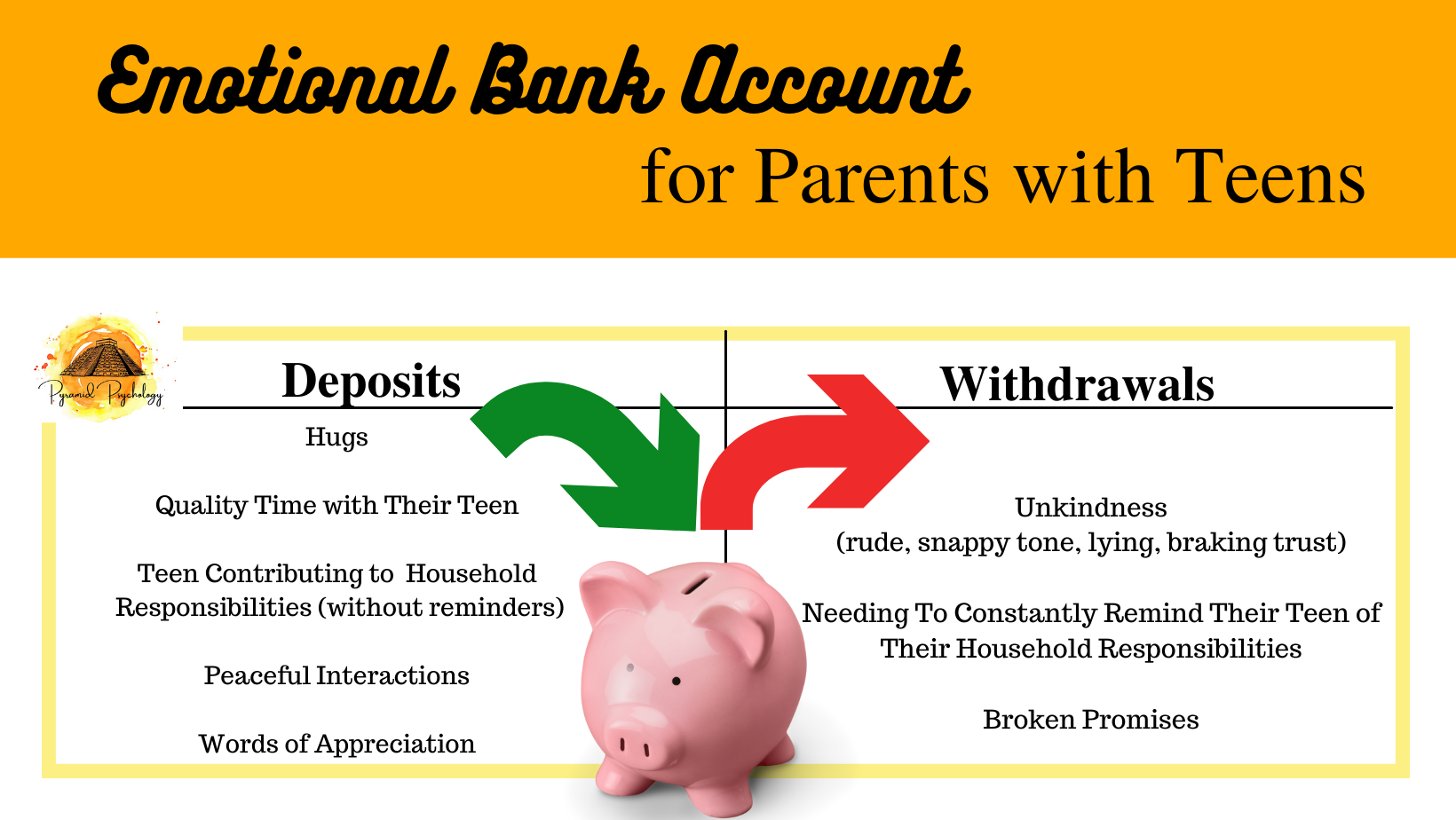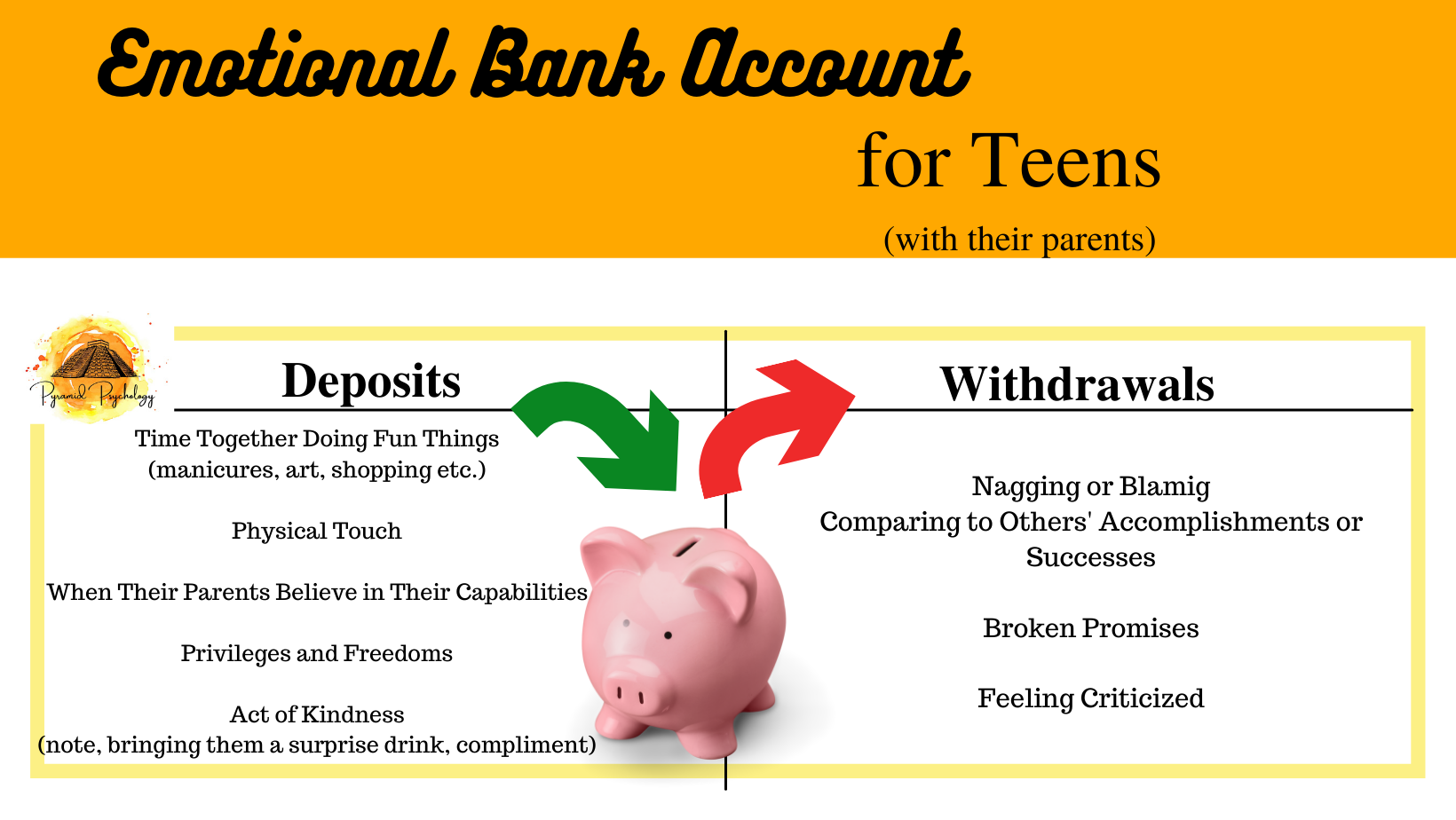Anxiety and Choice
Is your teen’s anxiety stopping them from living the life they want to live? How to help teens choose in spite of anxiety.

Photo from Canva Pro
Anxiety, Stress & Pressure on Today’s Generation of Teens
Today’s youth are experiencing high amounts of stress and pressure, leading to levels of anxiety we haven’t seen in previous generations. A huge part of this increase is the copious amounts of information that youth are exposed to today. There is so much more information available – on social, political, and global issues – that is consistently and constantly being filtered through their brains.
The way I see it is that it is wonderful that youth today know far more about many topics including mental health and wellness than previous generations did at their age… We have a group of young people who are more informed and aware than ever before. This awareness leads to a lot of desire for justice, and an inclination to stand up for things that are important to them. Empathy has grown as youth have been exposed to world issues as well – they generally feel deeply and have a lot of concern for their friends and others in the world.
The flip side of this is that all this information available to teens leads to a lot of anxiety, questions, and general confusion about many things. The teen brain is already undergoing a lot of changes naturally and depending on their age and development, teens are still learning how to make sense and respond to the world in various areas: decision making, perspective taking, and judgement/rationalization to name a few. Their brain is being overloaded with information to filter through on top of the wiring already going on.
This often brings up a lot of really profound questions – existential anxiety around “how do I fit into the world? Who am I? What’s my purpose? What’s the point of all this? etc.”
As parents, being aware of this increased stress and pressure is a helpful resource in supporting your teen manage anxiety and stop it from hijacking their lives.

Photo by Priscilla Du Preez on Unsplash
Anxiety Impacts Decisions and Choices
It is natural for teens to have nerves about some things (all of us really!), like trying new things. It is concerning when the anxiety begins to impact the decisions and choices teens are making.
Consider how anxiety affects your teen.
- Does it get in the way of doing things they want to do?
- Does it stop them from trying out for the team, talking to that new person, or signing up for a new class?
- Are fears and anxieties constantly at play in their lives, causing them to worry about messing up or being judged?
- What decisions or choices are being made as a result of anxiety?
When anxiety hijacks or hooks our thoughts, it acts as a barrier/blockade to things we actually want to be doing.
These are all questions you can ask yourself, and even your teen directly, to begin understanding how anxiety is impacting them right now.

Photo from Canva Pro
Choice Point and Anxiety
Acceptance and Commitment Therapy (ACT therapy) uses a framework to help look at different situations, problems, thoughts, and feelings that teens encounter and see the choice possibilities. There are many possibilities but ultimately they are categorized into two main choices, thoughts, feelings, and behaviours – things that move them away from the person they want to be – AKA being hijacked or hooked by anxious feelings and thoughts – OR thoughts, feelings, and behaviours that move them towards the kind of person they want to be; unhooked from anxiety. When a teen is moving towards, they are behaving the way they want to behave, in alignment with what is important to them; their values (more on this in another blog post!)

Photo from www.actmindfully.com.au
Let’s say your teen is interested in signing up for a new art class. The idea of the choice point is to explore the the decision to be made and bring awareness to what guides their choices. Let’s say your teen really wants to take the class but also feels nervous about it. What kind of thoughts and feelings come up when they think about that art class?
What if they think – “It could be interesting, sounds fun.” They feel excited and curious and they will learn more about painting, a new interest of theirs. This would be considered a move towards what the teen wants – which is to attend the class. This is when they are choosing to unhook from anxious and nervous thoughts and feelings.
What if they think “I don’t know anyone else, I’m nervous to go, and what if I’m not any good?” This might lead them to getting hooked by these nervous thoughts and feelings and move away from what they actually want
This idea of being hooked/unhooked comes up a lot for older teens when they are applying for a job. They WANT the job – it’s a great opportunity to meet new people, have some independence, make some money etc. But the anxious part of their brain hooks them and begins to affect the choice they make.
Hooking thoughts can take the form of ‘what if’ questions – “What if I mess up the interview? What if I don’t get hired? What if I do get hired, but nobody wants to talk to me?” Emotions that may go along with these thoughts are feeling anxious, stressed, bad, or down on yourself. Behaviours could look like procrastination, making excuses for not applying, irritability with people around them – snapping when parents ask about the job hunt, etc.
The choice point is a way of looking at any situation, problem, or thought and knowing that they

Photo from Canva Pro
have the power to choose and ask important questions like “am I letting anxiety run my life here?”. It is a way of recognizing when decisions are moving them away from who they want to be – when their thoughts, behaviours, and feelings are not aligned with what they actually want to do or what’s important to them.
As parents, it’s important to recognize what being hooked by anxiety can look like for your teen. What are some of the behaviours and feelings your teen is expressing?
The other side of the choice point is to also recognize what it looks like when your teen is moving towards doing the things they actually want to do, and being the person they want to be – being unhooked from the anxiety. They want the job, and instead of moving away from it, they might ask “If I were moving towards the job, what would I do?” –
- I would apply, go for the interview, be confident in my abilities to do these things, etc.
- Even if I don’t get the job I can let them know who I am and what I’m good at.
- I can practice in the interview.
- What would it feel like to be courageous and give it a try? To get the job and make new friends, to have independence with money?
- It could be exciting, and fun! It could boost my confidence!
- It will feel good.
Look at both sides and know that when a teen encounters a situation, a challenge, or a tricky thought/feeling that there are really only two ways to go – we can let ourselves get hooked with the things that pull us away from who we want to be (hooked by anger, anxiety, stress) OR we can acknowledge those thoughts and feelings and choose to unhook ourselves and actually make the decision – the choice – that is more aligned with the person we want to be.
It’s quite powerful for teens to see that they have a choice. That they can map out a decision and see what might happen if they do this, vs that. How they’d like to move forward as a person becomes apparent.

Photo from Canva Pro
Anxiety and The Happiness Pill Program
The Happiness Pill program is a 6-month coaching program for teens (and their parents) that is meant to empower teens to know THEY can make these choices. To clearly see that any kind of problem they face can be a decision or a choice they can make towards living the life they want. The program focuses on learning this and many other skills so they can choose the life they want to live, and be in alignment with who they want to be.
If this is something that you see value in for your teen, email us at info@pyramidpsychology.com for more information.
Love,
Chantal
 Chantal Côté (she/her) is a psychologist and teen life coach living in Calgary, Alberta. After over a decade in non-profit and community mental health, Chantal started Pyramid Psychology, a practice dedicated to supporting teens – a population she is constantly amazed by. Chantal is on a mission to help 100,000 teen girls (and their parents) build bulletproof mindsets so they can weather the ups and downs of life. As part of this goal, Chantal has had the privilege of speaking at various events – virtual and live – to support teens and parents.
Chantal Côté (she/her) is a psychologist and teen life coach living in Calgary, Alberta. After over a decade in non-profit and community mental health, Chantal started Pyramid Psychology, a practice dedicated to supporting teens – a population she is constantly amazed by. Chantal is on a mission to help 100,000 teen girls (and their parents) build bulletproof mindsets so they can weather the ups and downs of life. As part of this goal, Chantal has had the privilege of speaking at various events – virtual and live – to support teens and parents.
Outside of this passion, Chantal is often in nature, writing poetry, playing ball hockey and hanging out with her loved ones.
Each week, Chantal writes a blog article in response to issues she hears from the parents and teens she connects with. If you have something you’d like to read more on – email ideas and questions to info@pyramidpsychology.com or DM us via Instagram or Facebook.




 a chore or task/responsibility without you reminding them is your $1000 ticket. Consider what kind of interactions contribute to the deposits.
a chore or task/responsibility without you reminding them is your $1000 ticket. Consider what kind of interactions contribute to the deposits.








